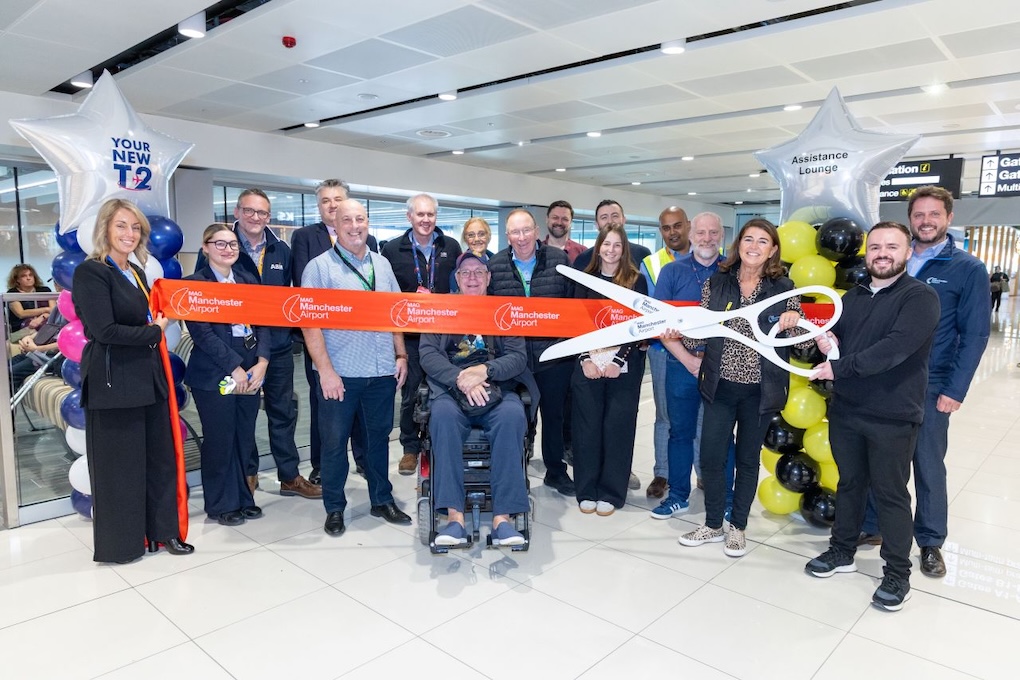SAUDI ARABIA. King Fahd International Airport has become the first airport in the Kingdom to achieve Airports Council International (ACI) World’s Accessibility Enhancement Accreditation (AEA).
The AEA programme offers a structured path for airports to continuously improve accessibility for passengers with disabilities. It helps airports measure, evaluate and strengthen their accessibility management and culture, and is the only international accreditation programme of its kind.
AEA brings multiple benefits, including creating a safer and more positive travel experience for passengers with disabilities.

It also showcases an airport’s inclusive culture and supports the integration of universal design principles in line with the United Nations Convention on the Rights of Persons with Disabilities (CRPD) and national regulations.
In addition, the accreditation helps airports implement global best practices and recommendations, such as those outlined in Airports and Accessible Travel: A Practical Guide.
Participants gain access to a network of resources designed to enhance accessibility, including newsletters, group meetings and a dedicated extranet platform.
Dammam Airports CEO Eng. Mohammed A. Al-Hassany expressed pride in King Fahd International Airport’s achievement.

He said: “This milestone reflects our commitment to inclusivity and ensuring all travellers have a seamless experience at our airport. Accessibility is integral to our mission, and we are committed to ensuring all passengers feel welcomed and supported throughout their journey.
“This is just the beginning as we continue to enhance our facilities for all travellers.”
Underlining the programme’s importance, ACI World cited World Health Organization data showing that by the end of 2022, 1.3 billion people – about one in six worldwide – experienced significant disability.
The organisation said: “Access to transport is a recognised right for all people, but today there are still significant difficulties for people with disabilities and reduced mobility – including elderly – to access air transport services.
“This prevalence is expected to increase due to demographic trends and increases in chronic health conditions, among other factors.” ✈







